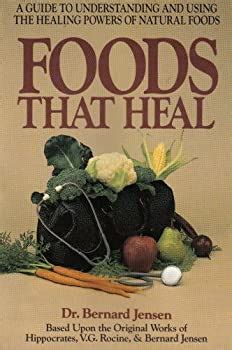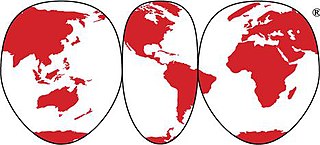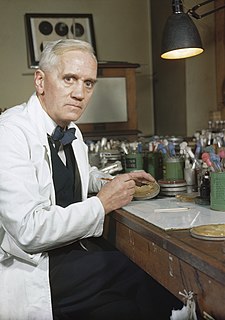A Quote by Kennedy
They all have in common that they are bacteria caused by bowel and feces.
Related Quotes
Many things about man are not very godly: whenever a person excretes feces, how can he be a god then? But it is even worse regarding the other feces we call sin: man still surely wants to retain this, and not excrete it. Now however, I must believe it: a person can be God and still excrete feces. Thus I teach you, excrete your feces and become gods.
Teeth represent only 10 percent of the surface of your mouth and bacteria live throughout the whole mouth. When you stop brushing, bacteria left behind resettle on your teeth and gums. Oil pulling reaches virtually 100 percent of the mouth, thereby affecting all bacteria, viruses, fungi, and protozoa in the mouth.
Lots of people think, well, we're humans; we're the most intelligent and accomplished species; we're in charge. Bacteria may have a different outlook: more bacteria live and work in one linear centimeter of your lower colon than all the humans who have ever lived. That's what's going on in your digestive tract right now. Are we in charge, or are we simply hosts for bacteria? It all depends on your outlook.
It has been demonstrated that a species of penicillium produces in culture a very powerful antibacterial substance which affects different bacteria in different degrees. Generally speaking it may be said that the least sensitive bacteria are the Gram-negative bacilli, and the most susceptible are the pyogenic cocci ... In addition to its possible use in the treatment of bacterial infections penicillin is certainly useful... for its power of inhibiting unwanted microbes in bacterial cultures so that penicillin insensitive bacteria can readily be isolated.
































